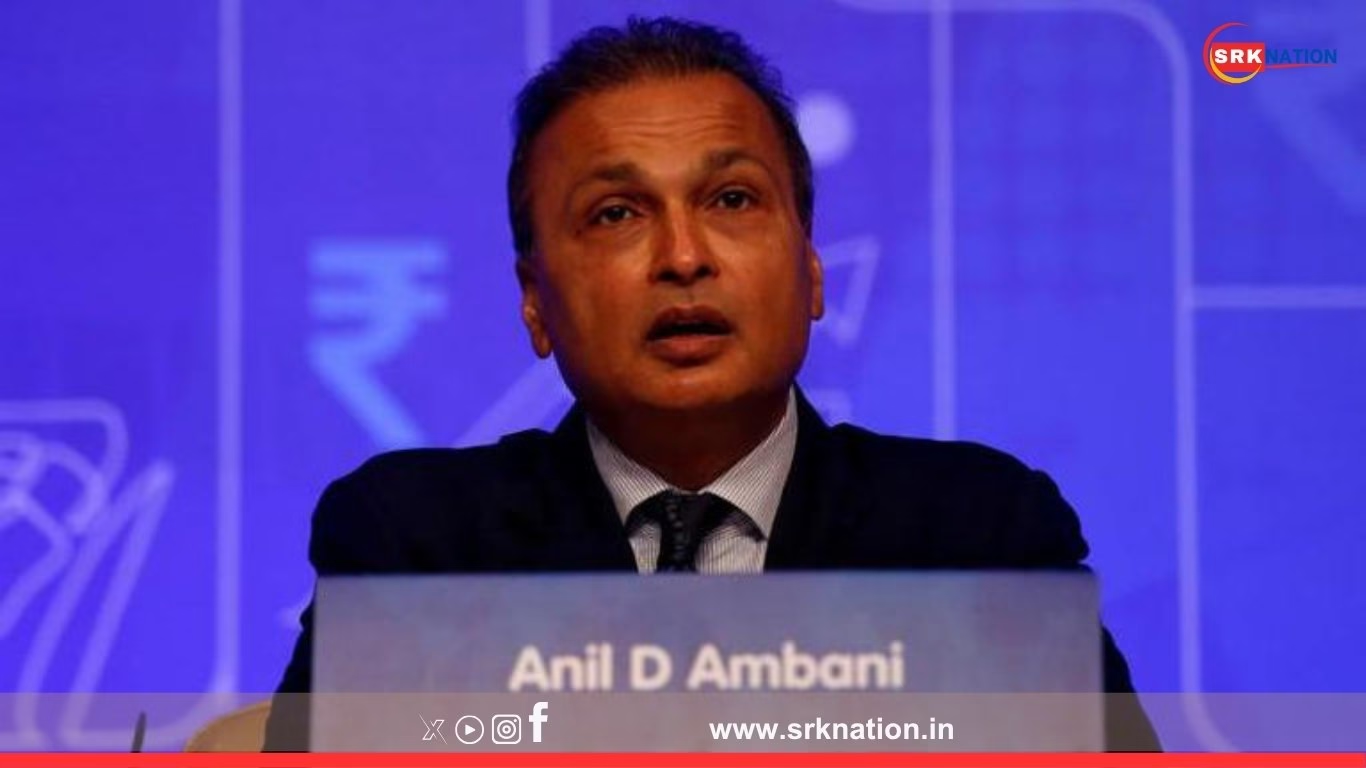In a significant breakthrough in one of India’s most high-profile financial fraud investigations, the Enforcement Directorate (ED) has made its first arrest in the ₹3,000-crore loan fraud case allegedly linked to businessman Anil Ambani. The move marks a major development in the ongoing probe, which centers on allegations of financial misrepresentation, diversion of funds, and violations of money laundering provisions.
According to officials, the arrested individual is a key intermediary allegedly involved in facilitating the diversion of funds obtained as loans from multiple banks. The ED believes this arrest will strengthen the investigation and help uncover the wider nexus of individuals and corporate entities engaged in the alleged fraud.
Background of the Case
The case stems from loans worth approximately ₹3,000 crore that were sanctioned to entities connected to the Anil Ambani-led Reliance ADA Group. Authorities allege that a substantial portion of these funds was diverted to unrelated businesses, offshore accounts, or layered through shell companies to conceal their origins.
The loans, originally intended for infrastructure and development projects, reportedly failed to achieve their stated purposes. This triggered investigations by multiple agencies, including the ED and the Central Bureau of Investigation (CBI).
ED’s Focus and Investigation Path
The ED’s primary focus has been on tracing the money trail. Officials have identified a web of companies, both domestic and international, allegedly linked to the laundering process. The agency claims that forged documentation, inflated invoices, and fictitious transactions were used to justify fund transfers.
Authorities have also hinted at the involvement of several high-ranking executives and financial consultants in the case. The arrest is expected to pave the way for further custodial interrogations, search operations, and potential attachment of properties.
| Key Allegations | Details |
|---|---|
| Loan Amount | ₹3,000 crore |
| Involved Group | Reliance ADA Group-linked entities |
| Charges | Money laundering, fund diversion, forgery |
| Agencies Involved | ED, CBI |
| Status | First arrest made |
Political and Business Reactions
The arrest has reignited debates over corporate governance, regulatory oversight, and accountability among India’s business elites. While opposition leaders have called for a deeper probe into corporate–political connections, industry watchers stress that the case underscores the urgent need for stricter lending norms and transparency in banking operations.
Business analysts note that large-scale fraud cases involving influential industrialists tend to drag on for years, often eroding public trust in the justice system. This arrest, however, is being seen as a potential turning point that could accelerate legal proceedings.
Impact on Banking Sector
Banking insiders admit that such massive fraud cases not only impact lenders’ balance sheets but also weaken investor confidence. The ₹3,000-crore exposure is a major hit for the consortium of banks involved, many of which are public-sector lenders. Recovery of the funds will depend on both the legal process and the success of asset seizure and liquidation efforts by enforcement agencies.
Bank-Wise Exposure to the Loan Fraud Case
| Bank Name | Estimated Exposure (₹ crore) |
|---|---|
| State Bank of India | 1,200 |
| Punjab National Bank | 800 |
| Canara Bank | 500 |
| Others | 500 |
| Total | 3,000 |
Next Steps in the Investigation
ED officials have confirmed that they will seek extended custody of the arrested individual to gather more evidence. Simultaneously, lookout circulars may be issued for other suspects, and mutual legal assistance treaties (MLATs) could be invoked to access overseas records.
Sources suggest that forensic audits have already revealed discrepancies in account statements, raising suspicions of deliberate concealment of financial transactions. These findings are likely to be central to upcoming court proceedings.
Public Sentiment and Market Response
Public sentiment on social media reflects widespread frustration over repeated cases of large-scale loan frauds involving top business figures. Investors in companies linked to Anil Ambani have expressed concern over possible reputational damage and legal risks.
Stock market experts believe that while direct financial repercussions on listed companies may be limited, the perception of instability could affect investor sentiment in related sectors.
Conclusion
The ED’s first arrest in the ₹3,000-crore loan fraud case against Anil Ambani marks an important step in a long and complex legal battle. While the investigation is far from over, this move signals the agency’s intent to pursue the matter aggressively. The outcome of this case could have far-reaching implications for India’s fight against white-collar crime and for the credibility of its financial systems.
Disclaimer: The above news article is based on information provided by official investigative agencies and public domain reports. Allegations mentioned are subject to judicial scrutiny, and the accused are presumed innocent until proven guilty in a court of law.











